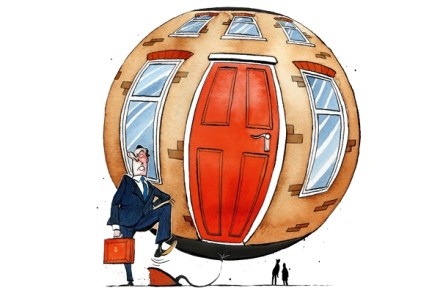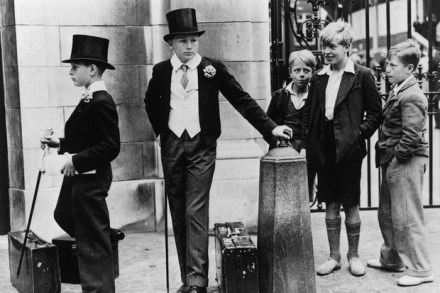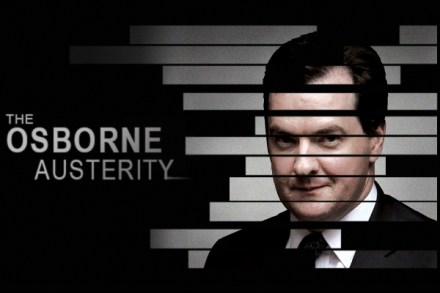Osborne and Miliband compete to see who has the worst housing policy
So who is talking more nonsense about the housing market: George Osborne or Ed Miliband? From today’s newspapers, it’s hard to tell. The problem: the era of low interest rates has fuelled an asset boom. Perhaps an asset bubble. Property prices are soaring to ridiculous levels, unaffordable for anyone without money in their family. This causes real despair for young people. So what to do? Ed Miliband’s solution: he’ll ‘harness’ (by which he means ‘divert’) money put into first-time buyer ISAs into housebuilding. This policy could only have been devised by a bunch of academics who don’t understand markets. The whole point of ISAs is that people can invest money wherever they like:




















